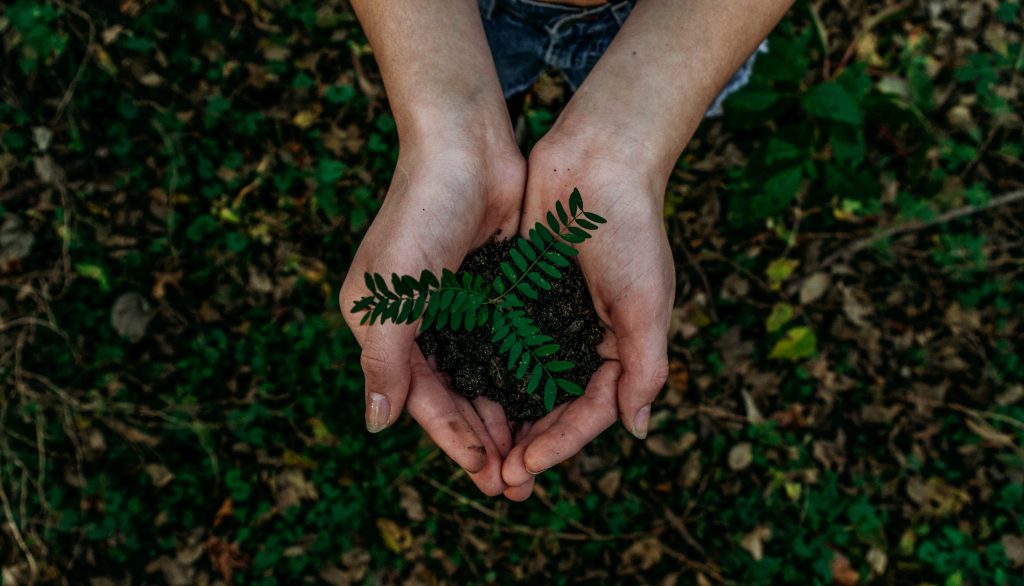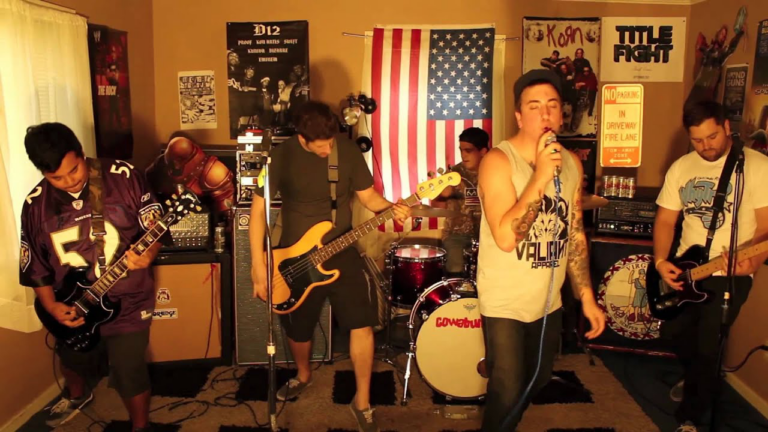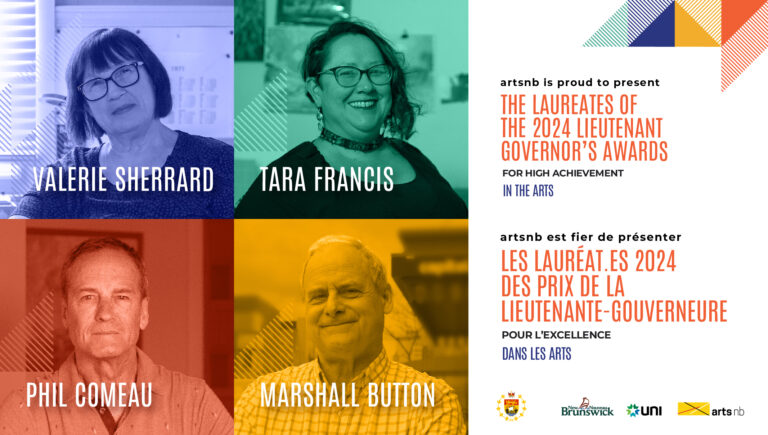Zero Waste STU, a student group formed through a class project, hopes to reduce waste on campus by 80 per cent over 10 years.
The group first came together in a St. Thomas University environmental praxis class during a semester-long group project.
“The initial issue that we wanted to address was the overconsumption of the Earth’s limited resources on campus,” said Celeste Hay, a St. Thomas student involved with the group.
During a class fair held on April 4, the group debuted their mission at a stand offering free coffee if individuals brought a reusable mug. The main purpose of the stand was to raise awareness for climate change and the zero waste campaign. Hay said the students they spoke to were all motivated to make a change for the environment.
“Everybody seems to really understand how urgent this climate crisis really is, and that we’re in a position to be able to do something about that,” she said.
This class project laid the groundwork for a 10-year initiative, which the group hopes to solidify by partnering with STU Sustainability. Zero Waste STU aims to reduce waste on the St. Thomas campus by 80 per cent within that time, which they believe to be entirely achievable.
“Our ask would be a 10 per cent reduction per year, over 10 years,” Hay said. “The first couple years should be pretty a easy amount of change to make happen. There’s some low-hanging fruit on campus that we can use to bring our waste down.”
Zero Waste STU is currently building a petition to present to the university administration, urging them to conduct a student-led waste audit. Such an audit would detail the amount and type of waste generated by the campus and how it is processed. Hay says the petition has already gathered over 300 signatures.
The group plans to present this petition to the President’s Advisory Committee during the 2019-2020 academic year, which they hope will facilitate student-led action against climate change.
In addition to the waste audit, Hay hopes to introduce an entirely waste-free welcome week package to STU. Launching in the next academic year, this package would include reusable straws, water bottles and coffee cups, as well as a shampoo bar and a bamboo toothbrush.
Hay said that the response from the administration has been supportive, and that many understand the importance of taking action.
“I would say that the administration has been very gracious in listening to what we have to say. They definitely seem to be very educated on what the problem is, and very motivated to do something about that,” she said.
Hay said the future for the project looks “very positive,” and believes Zero Waste STU has the power to make change on the STU campus.
“We feel pretty positive about our ability to make a change to the system of the university in terms of how it operates with consumption of consumer goods and how we deal with our waste products,” Hay said.
Hay states that a university campus is an important place to spread messages against excessive consumerism because of the “power students have over larger university systems.”
“We have much greater agency in terms of liaising and talking with systems of government, [such as] our administration here,” Hay said. “So we’re just taking that advantage, that opportunity to make change at a systemic level that’s quite close to us.”
Disclosure: Isabelle Leger, The Brunswickan’s Arts & Lifestyle Editor, is a member of the Zero Waste STU group. Leger abstained from involvement in the coverage this story.




